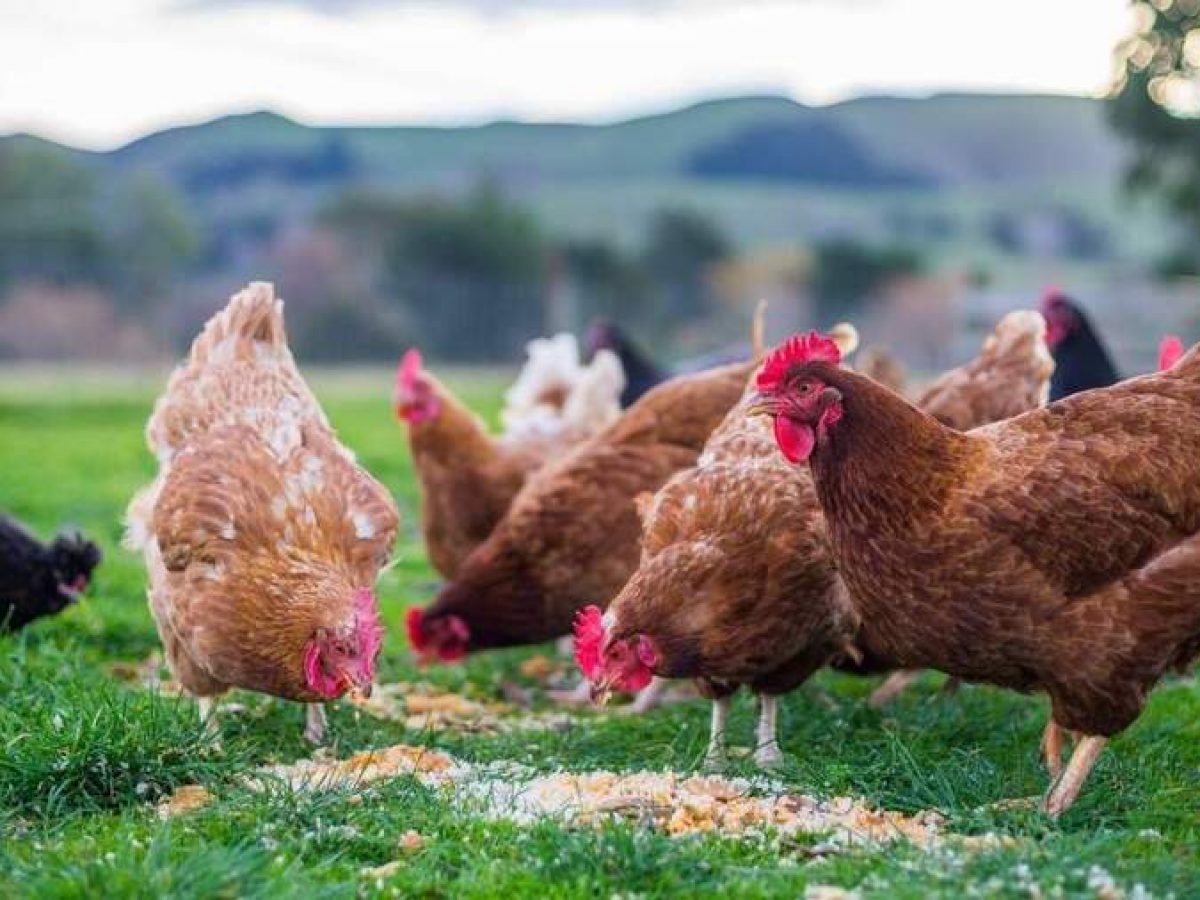If you have recently taken on the responsibility of raising chickens, you may be wondering “How often should I feed my chickens?”. Chicken husbandry 101 will give you the information you need to ensure your chickens stay healthy and happy. Knowing how often to feed chickens is the first step in becoming a successful chicken keeper. This article will provide you with the basics on how often to feed chickens and what type of food is best for them.
What to Feed Chickens
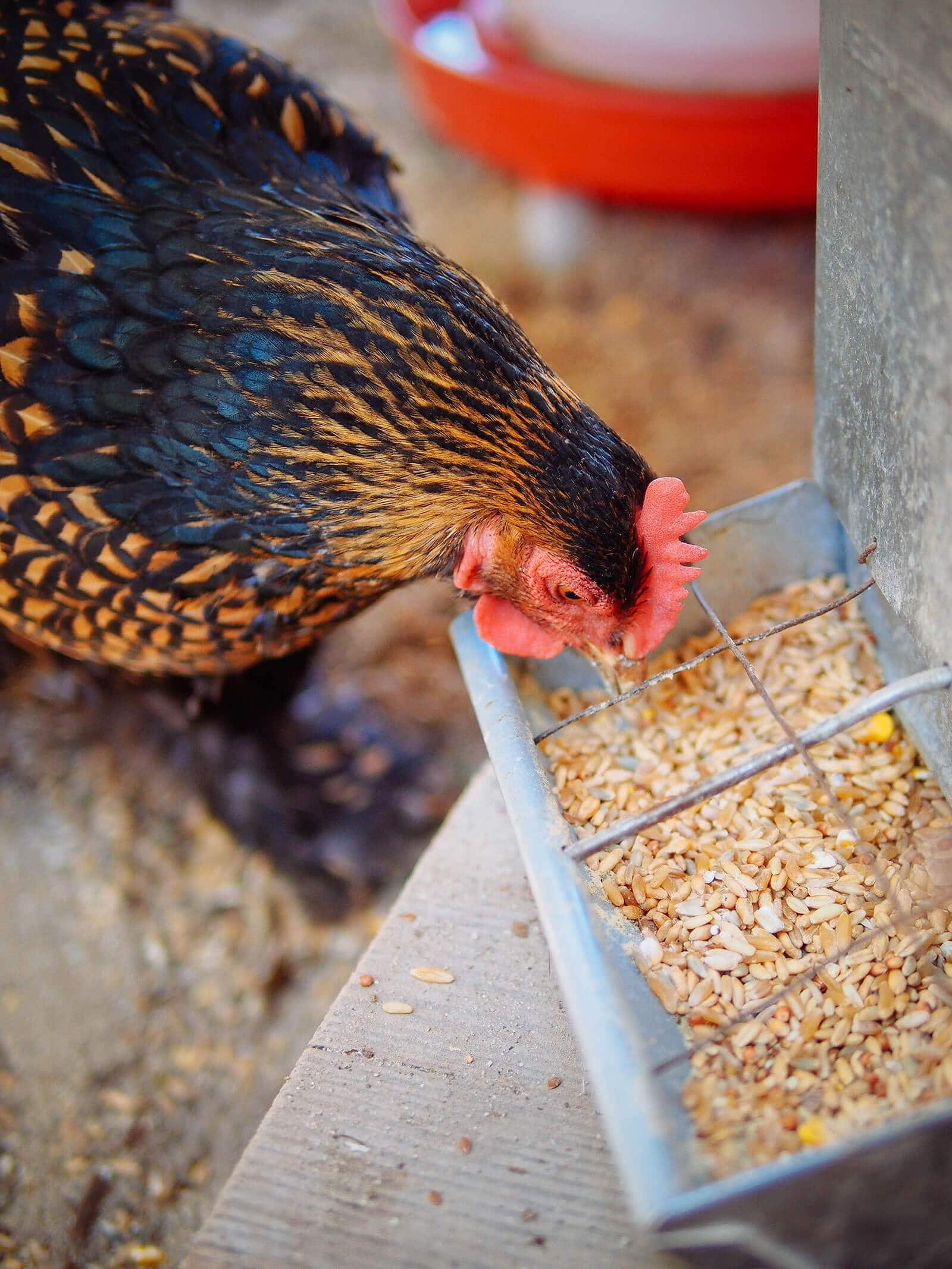
Chickens need a nutrient-rich diet to stay healthy and productive. A balanced diet includes a combination of grains such as corn, wheat, barley, and oats, as well as a protein source such as soybean meal or fish meal. Additionally, they also need a calcium source, such as crushed oyster shells, and vitamin supplements. Feeds specifically formulated for chickens should be used, as they include all the necessary nutrients.
Free-range chickens can also supplement their diets by foraging for insects and plants. However, it is important to note that the nutrient content of foraged foods can vary, so it is not a reliable source of nutrition.
In addition to their regular feed, chickens also need a constant source of clean water to stay hydrated. The water should be changed and cleaned regularly.
It is important to remember that chickens should have access to food at all times. Depending on the size of the flock and their activity level, you should adjust how often you feed your chickens. A general guideline for feeding chickens is twice a day. However, for larger flocks or during hot weather, you may need to feed them several times a day.
Grains
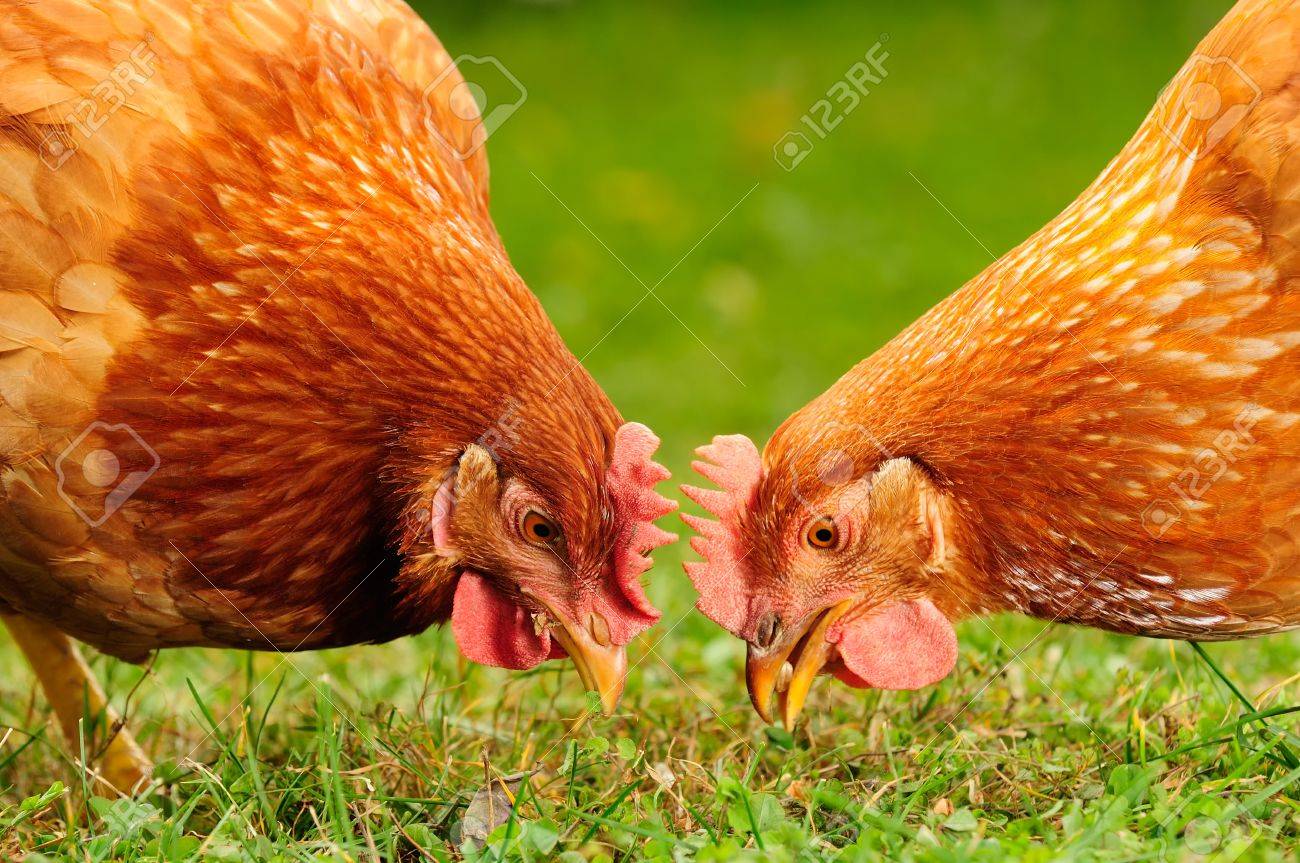
Chickens need to be fed a balanced diet of grains to maintain good health. Grains should be provided in the form of:
- Whole grains such as wheat, oats, rye, corn and barley.
- Cracked grains such as wheat, oats, barley, and corn.
- Granulated grains such as wheat, oats, barley, and corn.
A good rule of thumb is to feed your chickens grains twice a day, in the morning and evening. This will help ensure they have access to the nutrients they need throughout the day. You should also make sure to provide a variety of grains to ensure your chickens receive a balanced diet.
Vegetables
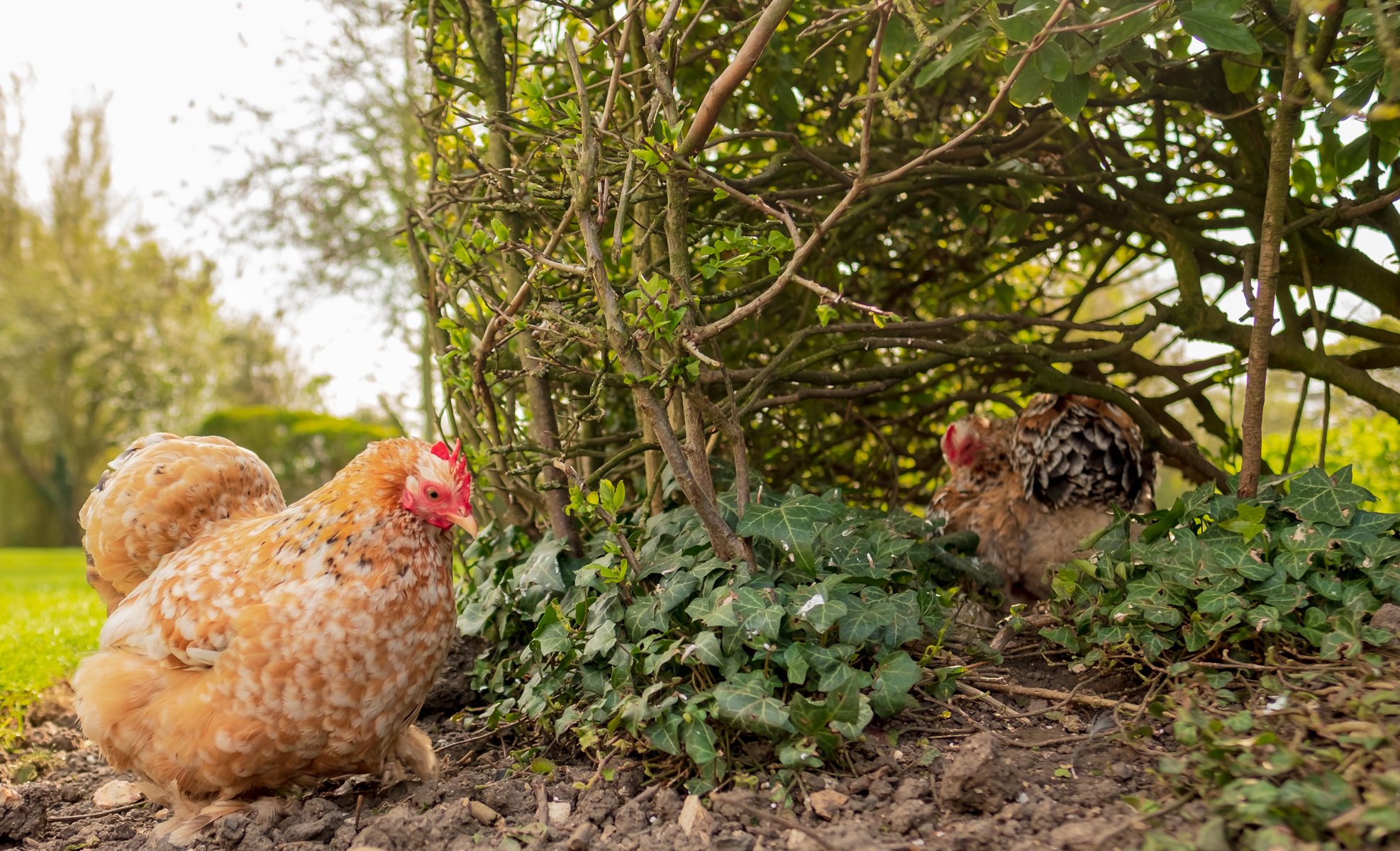
Chickens should be given vegetables at least twice a day. Vegetables are an important part of a chicken’s diet, as they provide essential vitamins and minerals. A good mix of vegetables can include:
| Vegetable | Serving Size |
|---|---|
| Carrots | ½ cup |
| Celery | ½ cup |
| Tomato | ¼ cup |
| Cucumber | ¼ cup |
| Lettuce | ¼ cup |
Vegetables should be chopped into small pieces and given to chickens at the same time as their regular feed. Try to vary the vegetables you give your chickens so they get a variety of nutrients. Ensure that the vegetables you feed your chickens are free of pesticides and other contaminants.
Protein Sources
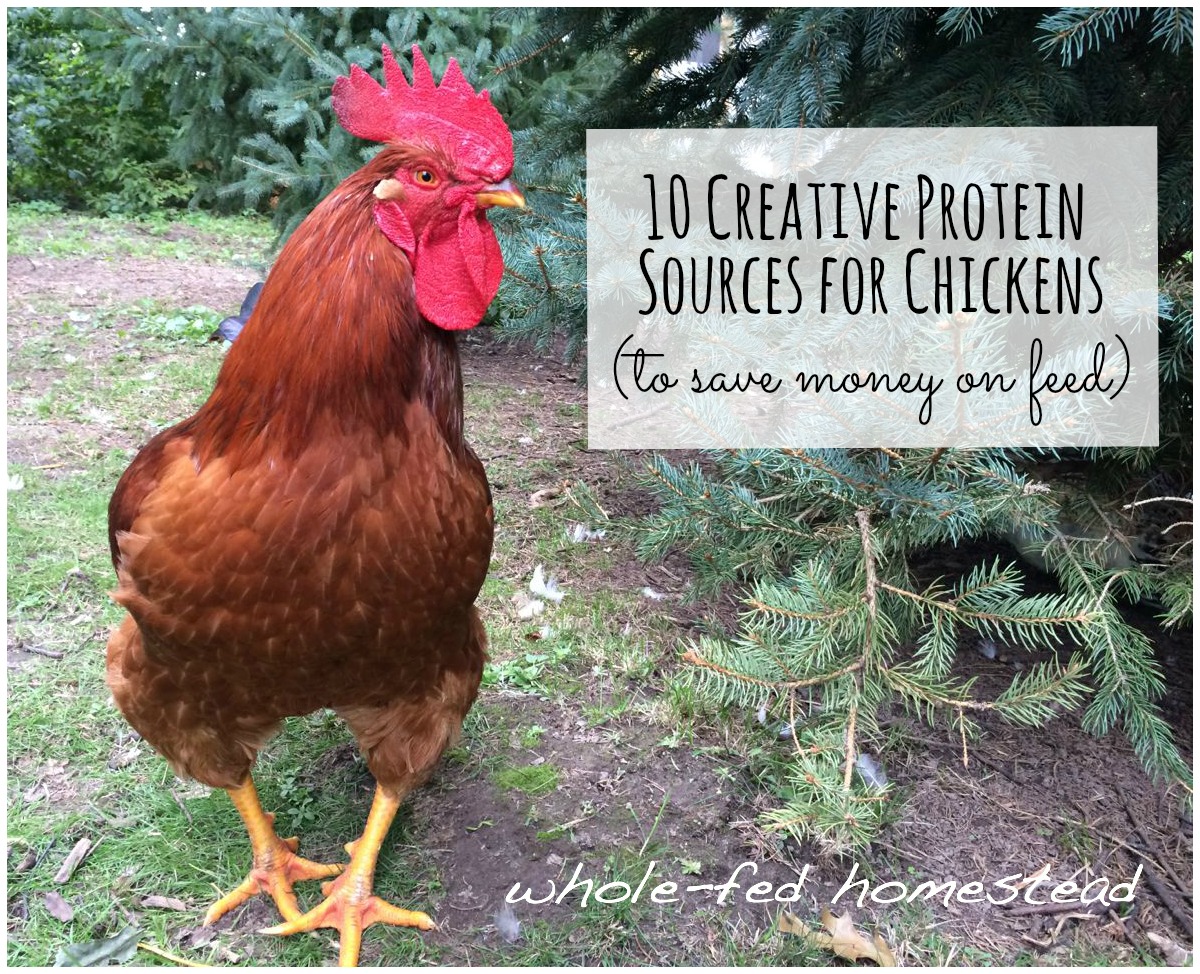
Chickens require a substantial amount of protein in their diet. The best sources of protein for chickens are insects, worms, and other small animals, as well as a good quality poultry feed. Protein-rich kitchen scraps, such as cooked eggs, dairy, and cooked meat, can also provide a good source of protein. Vegetable scraps, such as cooked beans and grains, provide very little protein and should not be used as a main source of protein for chickens.
Supplements
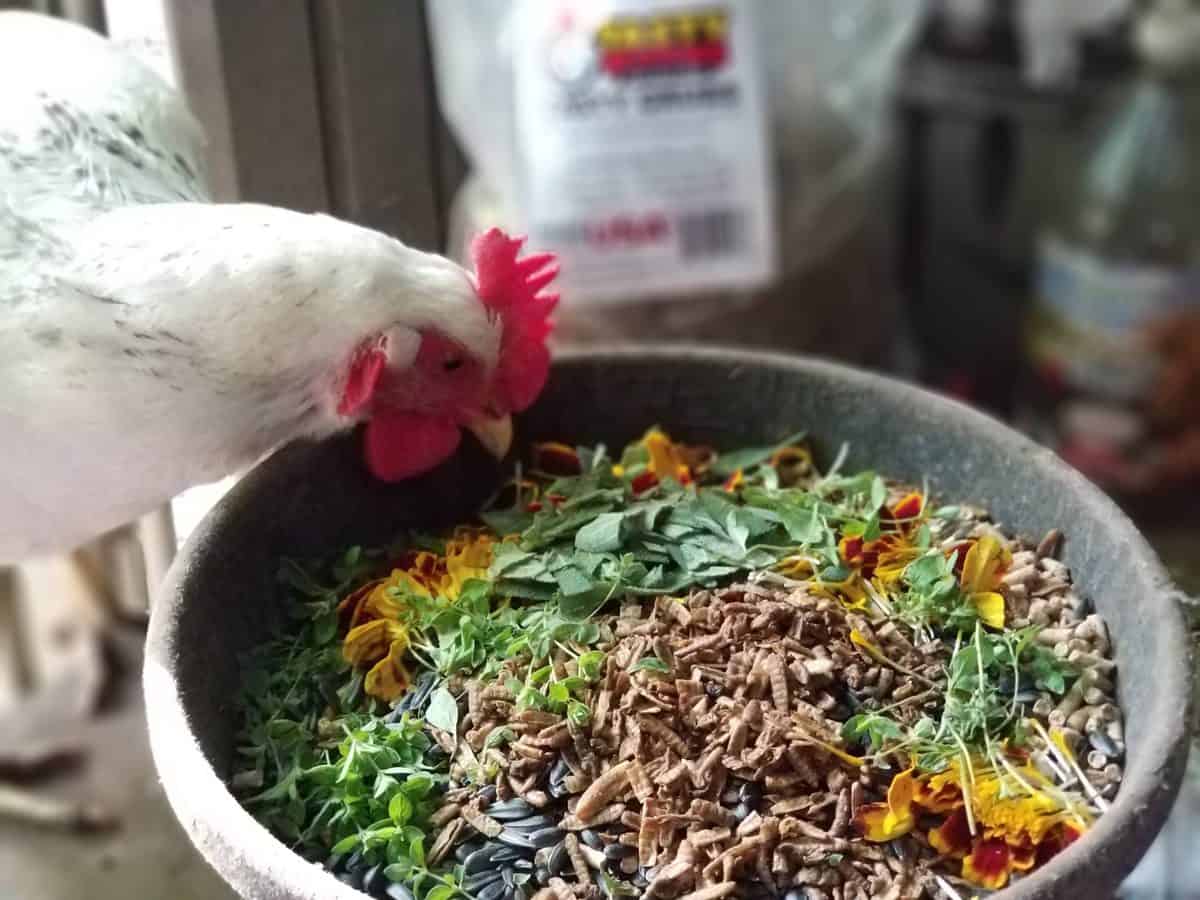
Chickens require a balanced diet to create strong egg production and hatchlings. A basic chicken feed is often supplemented with other items to provide the necessary nutrients for healthy chickens. Grit should be provided to chickens to help them to digest their feed properly. Calcium is also important for healthy egg shells, so providing a layer feed with additional calcium is beneficial. Minerals such as salt and baking soda are also beneficial for chickens, and can be added to their feed or provided separately. Finally, some owners also like to provide treats such as mealworms or corn as an occasional supplement to their chickens’ diet.
How Often Should You Feed Your Chickens?

- Daily: Provide fresh feed daily, either in the morning or the evening, depending on your schedule.
- Weekly: Offer a protein-rich treat such as mealworms, cooked eggs or oatmeal once or twice a week.
- Monthly: Provide a vitamin supplement or special treat such as cracked corn or sunflower seeds once a month.
Chickens should also have access to fresh, clean water at all times. Depending on the breed, chickens can drink up to one liter of water per day. Change the water daily and clean the container regularly.
Baby Chickens
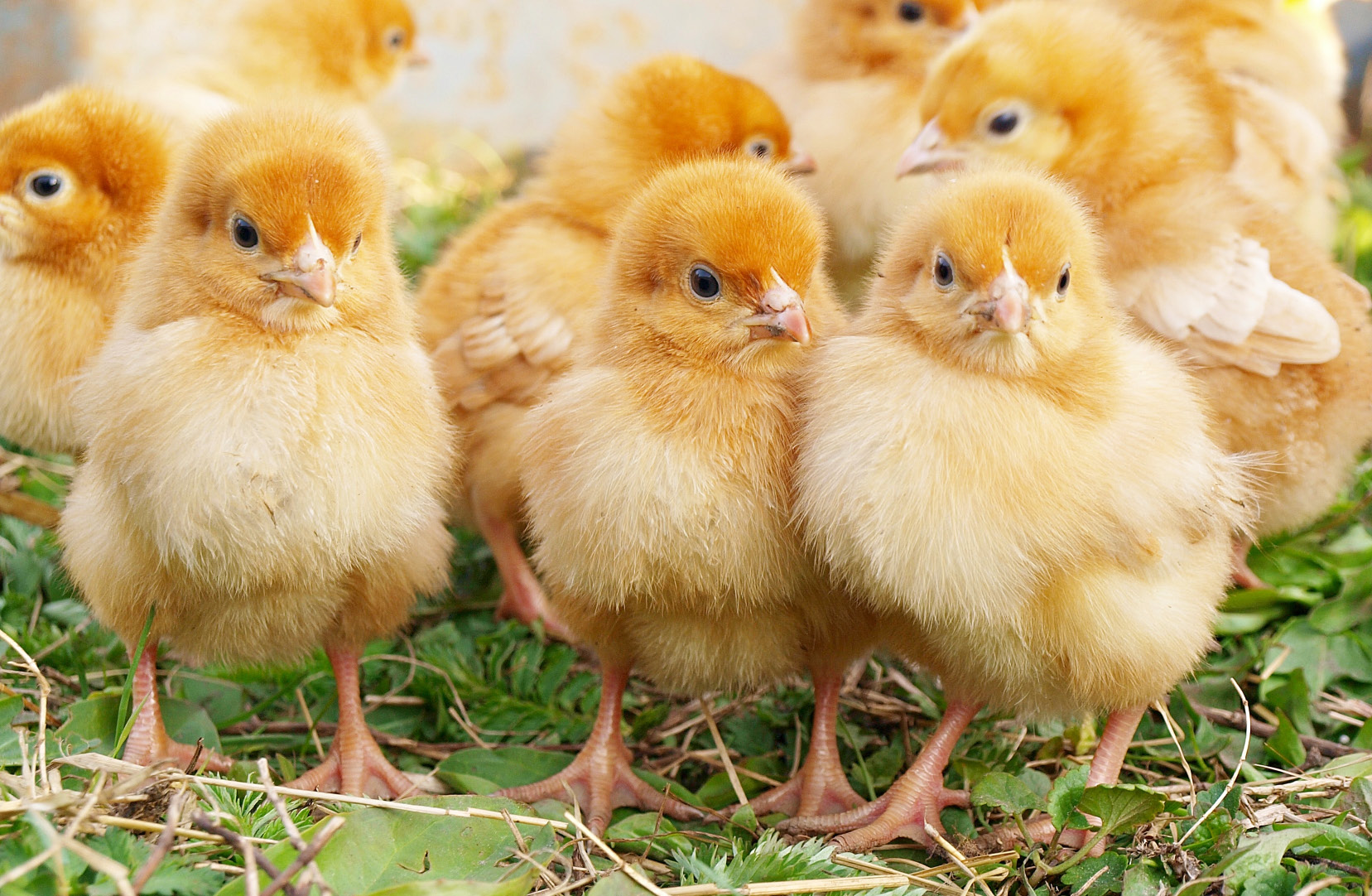
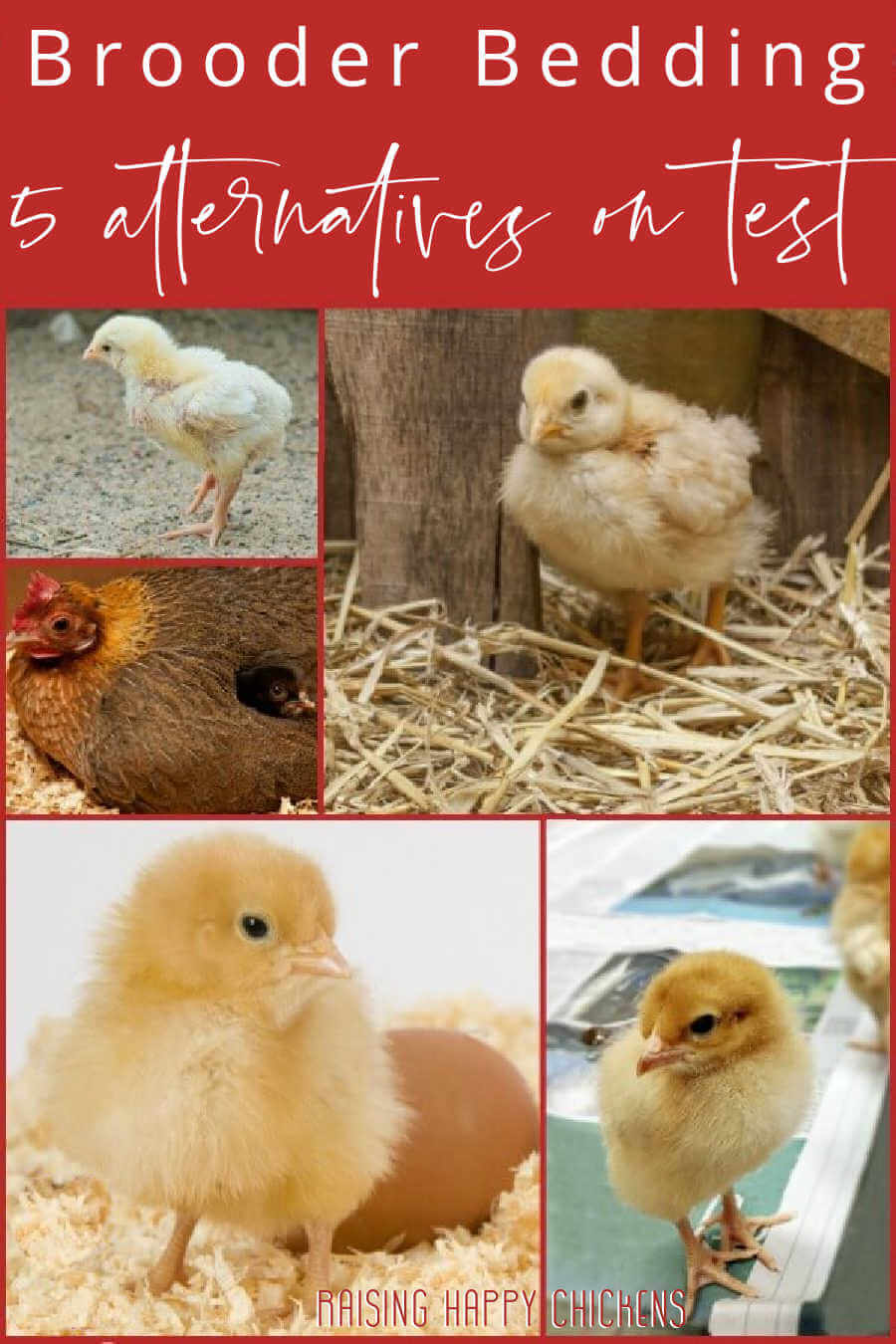
- Chicks need to be fed every 1-2 hours within the first week. Feeding them every 2 hours is recommended, as this helps to prevent the chicks from overeating, which can lead to health issues.
- Chicks need to be given a nutrient-rich feed. Nutrient-rich feeds provide essential vitamins and minerals that are essential for the development of chicks.
- Chicks should be provided with a heat lamp. A heat lamp is essential for the development of baby chicks. It helps to keep them warm and healthy. The heat lamp should be placed 18-24 inches away from the chicks.
- Chicks should be given access to fresh water. Fresh water should be available at all times. Chicks should also be given access to grit, which helps to aid in digestion.
- Chicks should be given access to a small amount of green food. Green food is a great supplement to the feed that baby chicks need. It provides important minerals and vitamins that are essential for the growth and development of chicks.
Growing Chickens
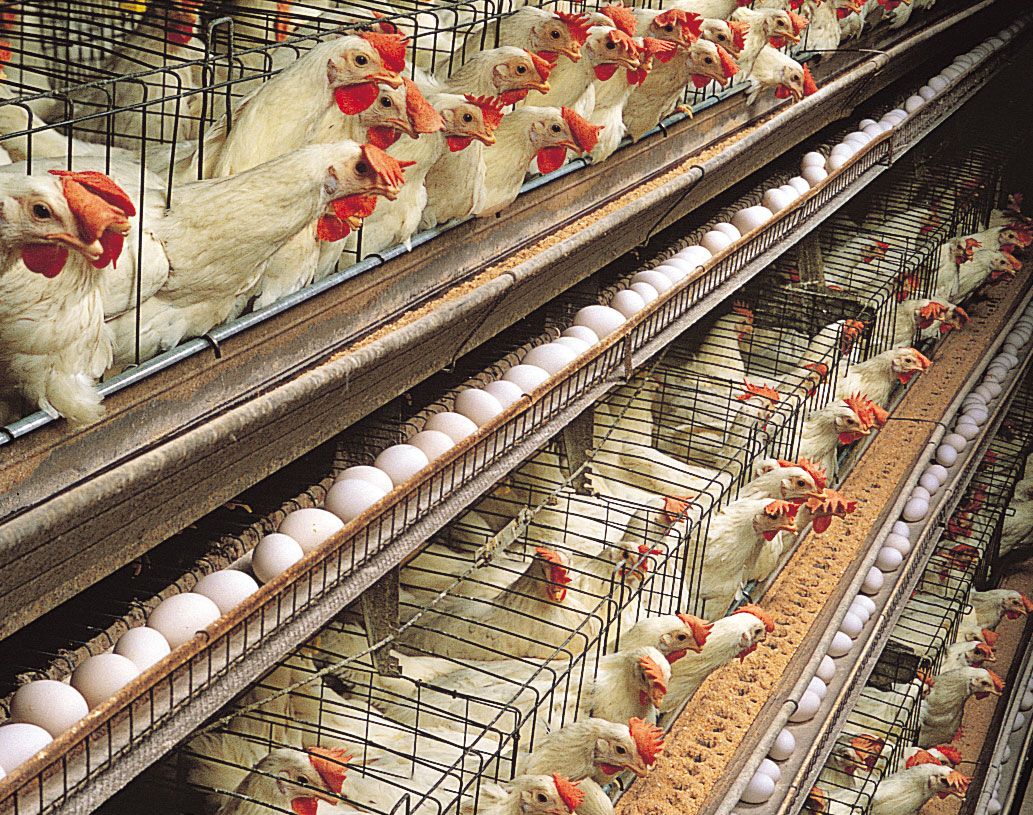
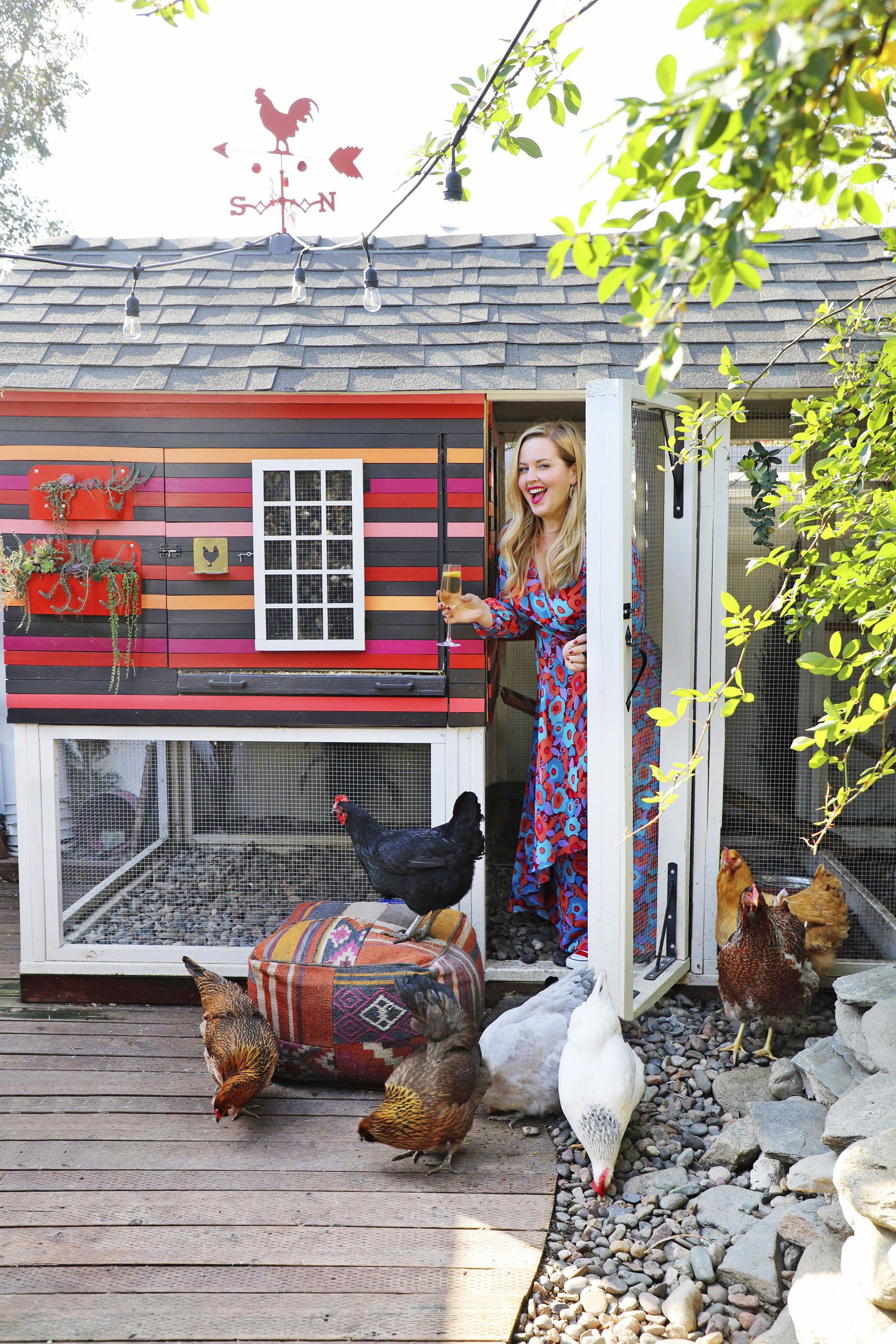
Chickens require a balanced diet to grow healthy and strong. The amount of feed they need depends on the age and size of the bird, but as a general rule, most chickens need to eat at least twice a day. Young chicks should be fed a high-protein starter feed, while older chickens need a high-calcium layer feed. In addition to feed, chickens should have access to plenty of clean water and grit to aid digestion.
Chicks should be fed a starter feed until they are around four weeks old, at which time they should switch to a grower feed. Once they reach six months old, they can switch to a layer feed which is high in calcium. The amount of feed required for a growing chicken will depend on the breed, but in general, a chick should eat around 1/4 cup of feed per day until it is around four weeks old. From four weeks to six months, feed intake should increase to around 1/2 cup of feed per day.
Older chickens should be fed a layer feed which is rich in calcium to help produce strong egg shells. Layer feed should be fed twice a day, in the morning and evening. The amount of feed each chicken needs will depend on its size and age, but in general, an adult chicken should eat around 1/4 cup of feed per day.
Scraps can be added to a chicken’s diet, but care should be taken to ensure they are not eating too much. Too much fatty or sugary food can cause health problems, such as obesity, in chickens.
Overall, feeding chickens twice a day is the best way to ensure they are receiving the nutrients they need to grow and produce eggs. By providing a balanced diet, chickens can stay healthy and happy.
Egg-Laying Chickens
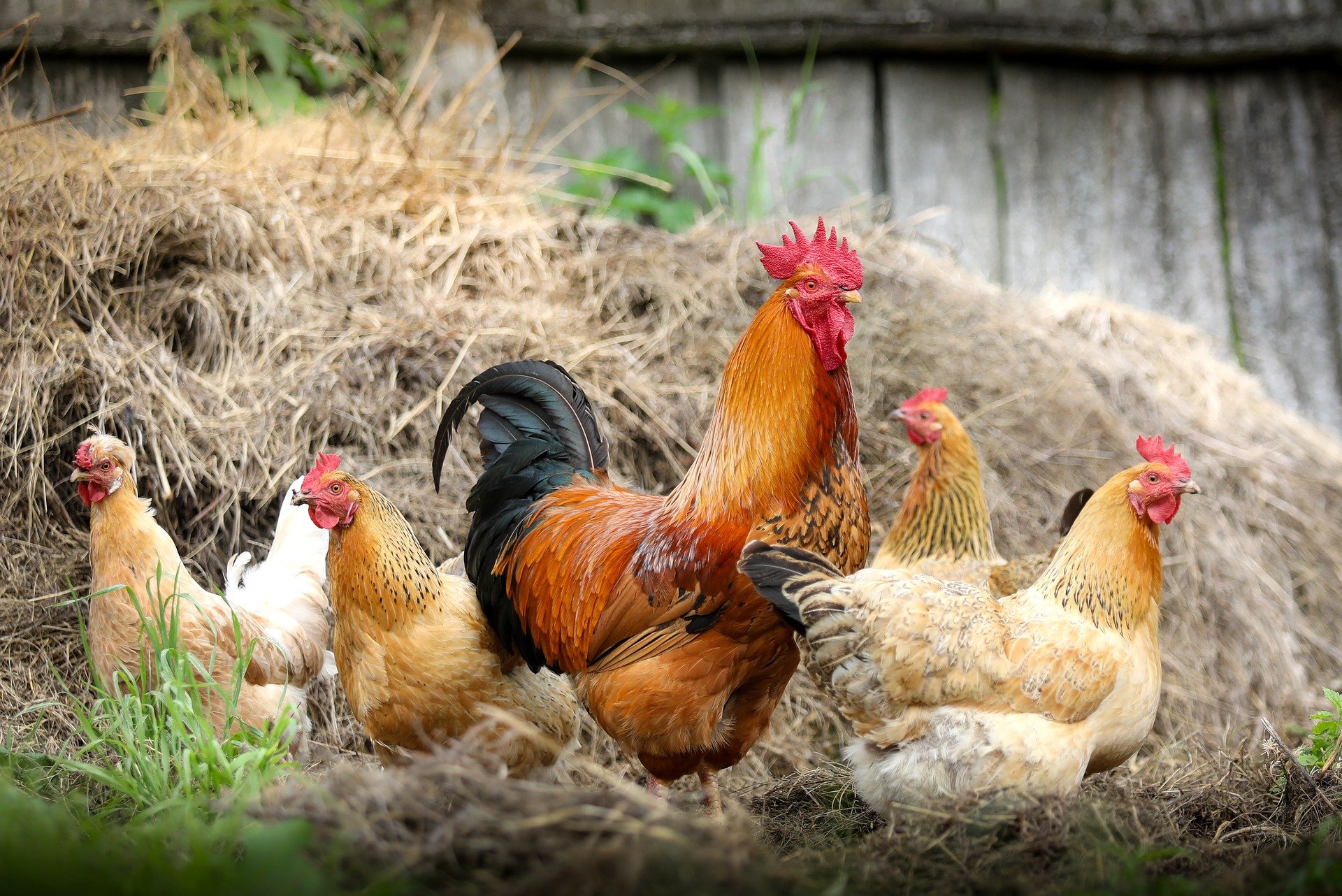
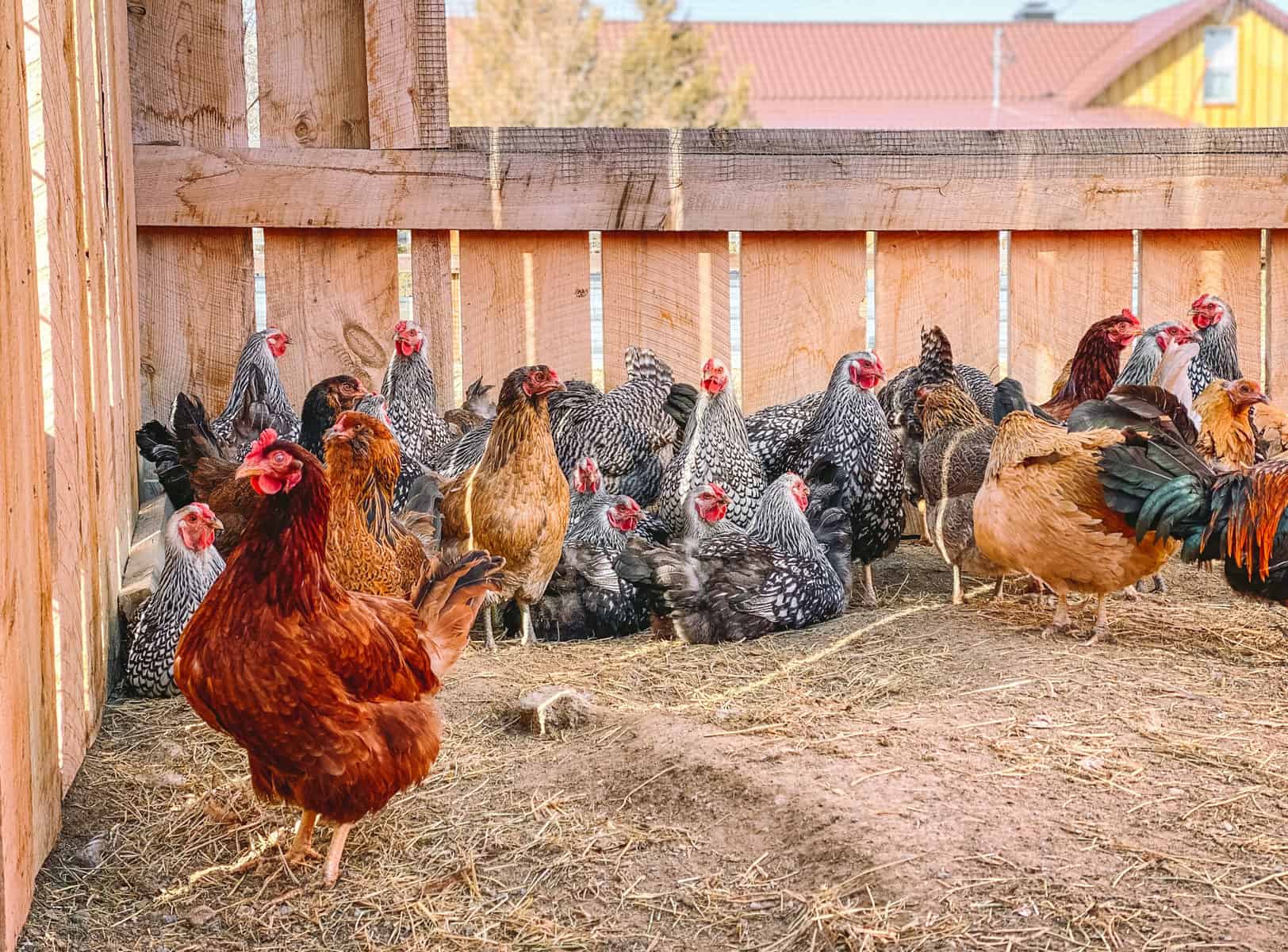
Egg-laying chickens are chickens that are bred and kept specifically for the purpose of producing eggs. These chickens are usually kept in an enclosed environment, such as an indoor chicken coop or backyard chicken coop. Egg-laying chickens are generally fed a diet of high-protein foods, such as grain, vegetables, and special egg-laying feed.
How often should you feed your chickens? Egg-laying chickens should be fed twice a day, once in the morning and once in the evening. The amount of feed each chicken needs depends on the size and breed of the chicken, as well as the number of chickens in the flock. Generally, a single chicken should be given about ¼ cup of feed per day. It is important to provide your chickens with enough food, but not too much, as an excess of food can lead to obesity in chickens.
Additional things to consider
- Chickens should also have access to a constant supply of fresh water.
- It is important to make sure that the feed you provide is not contaminated with mold or other toxins.
- If your chickens are not laying eggs, it is important to check to make sure they are getting the proper nutrition and enough light.
- If you are raising your chickens for meat, you should adjust their diet accordingly.
Properly feeding egg-laying chickens is essential to keeping them healthy and productive. Feeding them twice a day, with a diet that is tailored to their size and breed, will help ensure their long-term health and productivity.
How Much Should You Feed Your Chickens

Chickens need to be fed a balanced diet. This generally means a commercial layer feed or a feed specifically designed for your chickens. While the exact amount of feed to give your chickens will depend on their age, breed and production level, generally, you should feed your chickens:
- 1/4 to 1/3 pound of feed per bird per day
- 1/2 pound of feed per bird per day for heavy breeds
- 1/4 pound of feed per bird per day for light breeds
Additionally, you should provide your chickens with access to a calcium supplement, such as oyster shells, and provide them with a variety of fresh foods, such as fruits, vegetables and grains.
It is important to not overfeed or underfeed your chickens. If you provide too much feed, your chickens may become overweight and not produce as many eggs. If you feed too little, your chickens will not be able to make enough energy to stay healthy and productive.
How often you feed your chickens is also important. Most experts recommend feeding your chickens two or three times a day. This allows them to eat at their own pace and prevents them from gorging on too much food. Additionally, it allows you to provide your chickens with a variety of different types of feed throughout the day.
Baby Chickens


When it comes to baby chicks, they require more frequent feedings compared to adult chickens. It is recommended to feed baby chicks 4-7 times a day, depending on the age and size of the chick. As chicks grow and mature, the frequency of feedings should be reduced to 3-4 times daily.
It is important to ensure that baby chicks always have access to fresh, clean water and food. When feeding chicks, it is recommended to use a commercial starter feed, which is a feed specifically formulated for chicks. This type of feed provides the protein and nutrients that baby chicks need to develop and grow. To prevent overcrowding, it is important to provide enough feeders in the pen or area that houses the chicks.
When offering feed to baby chicks, it is important to only provide them with the amount they can consume in a short period of time. This is to prevent wastage, as well as to ensure that the chicks have access to fresh feed at all times.
It is also important to monitor the health and growth of the chicks, and to adjust the frequency or quantity of feed accordingly. If the chicks seem to be underweight or unthrifty, it is necessary to increase the amount of feed, or to feed more frequently.
Growing Chickens


When it comes to feeding chickens, it is important to understand their nutritional needs as they grow. The amount of food they need and the frequency of feeding depends on the age of the chickens.
Chicks (0-8 weeks)
Chicks require a high-protein diet for proper growth and development. They should be feed a nutrient-rich chick starter feed at least three times a day.
Juveniles (8-18 weeks)
Once the chicks reach 8-10 weeks old, you can switch them to a feed that is lower in protein, but still contains all the essential nutrients they require. Juveniles should be fed 2-3 times a day.
Adults (18+ weeks)
Once the chickens reach 18 weeks old, they should be fed a layer feed that contains all the essential nutrients for egg production. They should be fed once or twice a day.
| Age | Feed | Frequency |
|---|---|---|
| Chicks (0-8 weeks) | Chick starter feed | 3 times/day |
| Juveniles (8-18 weeks) | Lower-protein feed | 2-3 times/day |
| Adults (18+ weeks) | Layer feed | Once or twice/day |
Egg-Laying Chickens


Egg-laying chickens require a balanced diet to remain productive and healthy. Depending on the breed, they should be fed a minimum of two to three times per day. Feeding should be done in the morning and evening, providing enough feed so that the chickens can eat their fill in 10-15 minutes. If you offer your chickens a variety of foods, they can be fed once a day, as long as their diet is balanced and the food is fresh.
Grit should be available for egg-laying chickens at all times. Grit helps chickens break down their food, as they do not have teeth. Other essential nutrients, such as calcium, should be added to the diet of egg-laying chickens, as they are important for strong eggshells.
Scratch grains should also be available as an occasional treat. Scratch grains are a mix of grains, such as wheat, oats, and barley. It should be used sparingly, as it is high in carbohydrates and can lead to obesity in chickens.
Finally, always make sure that the chickens have access to clean, fresh water throughout the day.
Keywords: how often to feed chickens, how often should i feed chickens, how often should you feed chickens, how many times a day should i feed my chickens
Considerations for Feeding Chickens
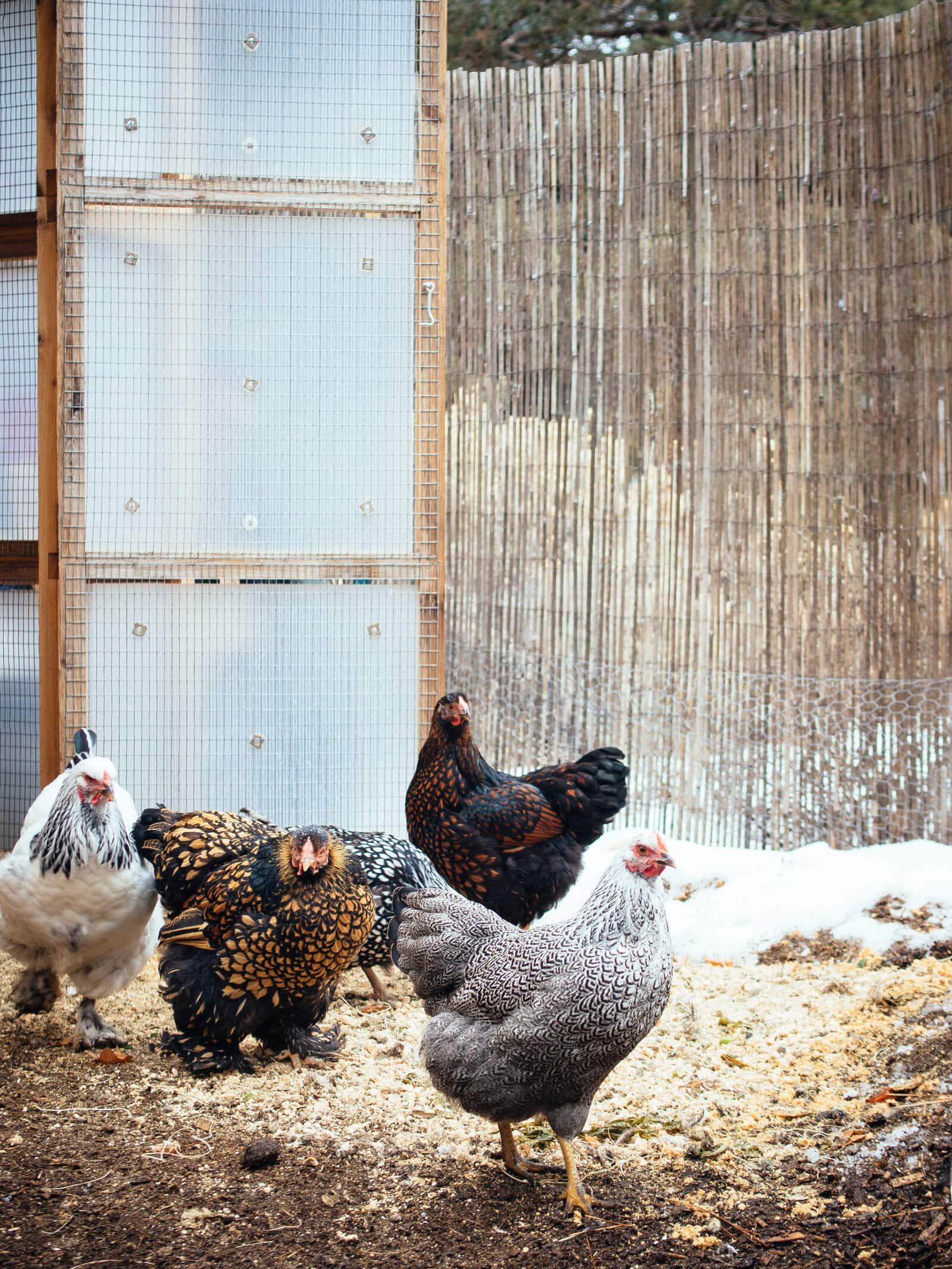
- Type of Feed: Choose a feed that is specifically formulated for chickens. The feed should provide the right balance of protein and carbohydrates that chickens need for growth and maintenance.
- Amount of Feed: Generally, chickens need 1/4 to 1/2 pound of feed per day. However, the exact amount depends on the age and type of chickens.
- Quality of Feed: Always provide your chickens with fresh, high-quality feed. Do not provide spoiled or moldy feed, as this can make them sick.
- Frequency of Feedings: Offer your chickens feed two to three times a day. A single feeder can be used for multiple feedings, but make sure it is cleaned regularly.
- Snacks: Chickens love treats such as mealworms, sunflower seeds, and fresh fruits and vegetables. Offer snacks a few times a week.
Providing your chickens with the right type and amount of feed, as well as a few occasional snacks, is essential for keeping them healthy and happy.
Unusual Weather

- Extreme temperatures can impact the appetite of chickens and their ability to eat. In hot weather, chickens may not eat as much, while in cold weather they may eat more.
- Heavy rain and snow can also affect your chickens’ diet. Chickens may not be able to get to the feeder, or wet feed may become moldy. In extreme conditions, you may need to feed your chickens more often.
- Frequent changes in the weather can also adversely affect your chickens. If temperatures fluctuate wildly, you may need to adjust the amount of feed and how often you feed your birds.
When it comes to how often to feed chickens, it’s important to consider the weather. Depending on the conditions, you may have to feed your chickens more or less than usual. For example, during periods of unusual weather, such as extreme temperatures, heavy rain, or frequent changes in temperature, you may need to feed your chickens more often. Be sure to monitor your chickens’ overall health and adjust their diet as needed.
Environmental Factors
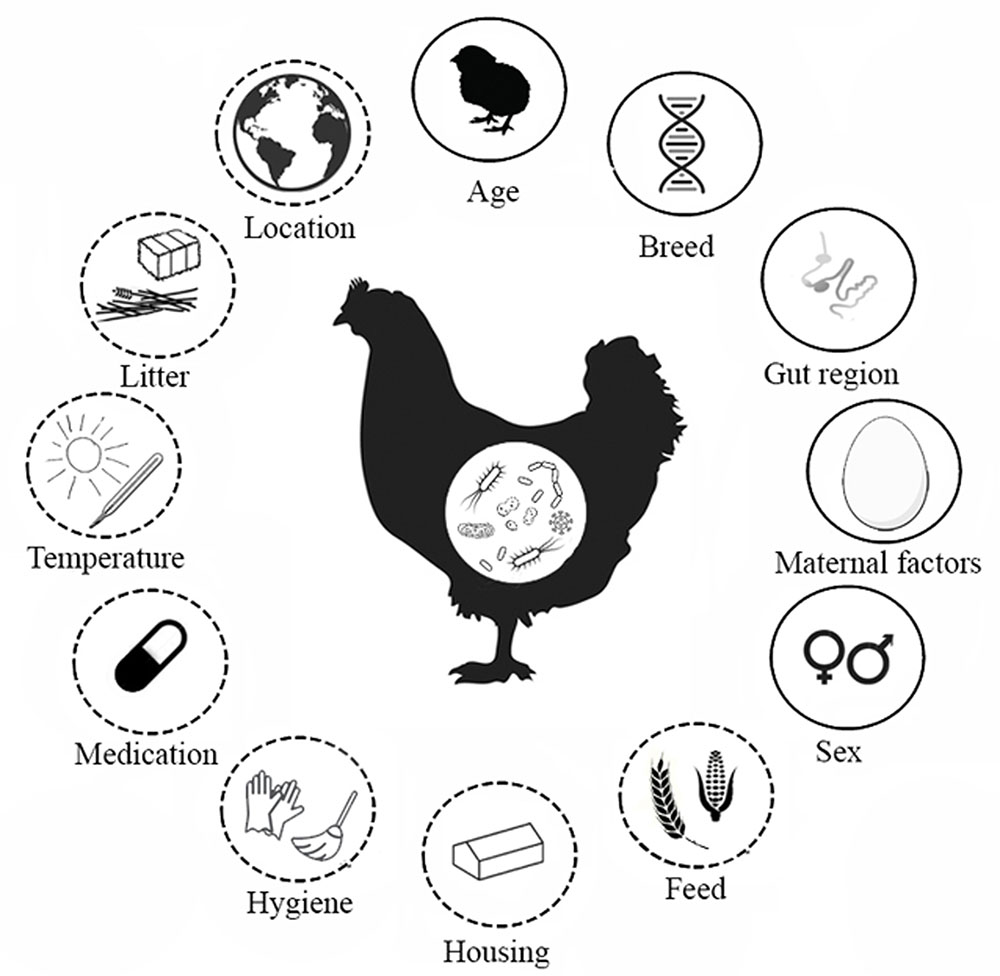
The amount of food that your chickens require is also affected by the environment in which they are kept. If the temperature is cold, your chickens may need more food to help keep them warm. Similarly, if the weather is hot, then you may need to feed your chickens more to help them deal with the heat. In the summer, you may need to provide your chickens with extra water to help them stay cool. If you are keeping your chickens in a confined space, such as a coop or run, you may need to feed them more often than if they are free-ranging.
Breeds
When it comes to a chicken’s diet, the amount and frequency of feed you give will depend largely on the breed.
| Breed | Frequency |
|---|---|
| Layer Breeds | Provide a continuous supply of layer feed |
| Meat Breeds | Feed a high protein feed twice a day |
| Dual-Purpose Breeds | Two to three times a day |
Layer Breeds such as Rhode Island Red and Leghorn should have a continuous supply of layer feed. Meat Breeds, such as Cornish Cross, should be given a high protein feed twice a day. Dual-Purpose Breeds, such as Plymouth Rock, should have their feed given two to three times a day.
It is important to check the bag of feed for the exact feeding instructions for your specific breed. It is also important to adjust the amount you are feeding depending on the age and size of the chicken.
Chickens should not be overfed as it can lead to digestive problems and weight gain. If you find you have leftover feed, it is best to discard it and start fresh the next day.
Frequently Asked Questions
What Type of Food Should I Feed My Chickens?
Chickens are omnivores, so their diet should include a variety of grains, vegetables, fruits, and protein sources. Generally, a commercial feed formulated specifically for chickens is the best option as it provides balanced nutrition. You can also supplement their diet with kitchen scraps, insects, and other treats. Make sure you provide plenty of fresh, clean water at all times.
Does the Frequency of Feeding Change in the Winter?
- Yes, the frequency of feeding for chickens should be adjusted during winter. This is because the chickens need more energy to stay warm in cold weather.
- The amount of feed should be increased during winter, as the chickens need more calories to keep themselves warm.
- In addition, feeding more often keeps the feed from getting soggy and frozen, which can be a problem in cold weather.
- Chickens should also be given a high-fat treat in cold weather, such as sunflower seeds, to help them keep warm.
Can I Feed My Chickens Too Much?
It is possible to overfeed chickens, which can lead to health and behavioral issues. Chickens should be fed a balanced diet of feed and treats, including plenty of fresh water. Feeding chickens too much can cause them to become overweight and lead to obesity, which can cause a variety of health problems. Additionally, overfeeding chickens can lead to them being overly aggressive, as they become more territorial when they are overfed. To ensure your chickens are healthy and well-behaved, feed them a balanced diet with appropriate portions.
Should I Feed My Chickens Every Day?
Yes, chickens should be fed a diet of high-quality feed every day. A specially designed feed for chickens should contain the right balance of proteins, vitamins, minerals, and other nutrients for healthy growth and egg production. Feed should be given in the morning to allow the chickens to forage for the rest of the day. Water should also be provided daily, especially during hot days.
How do I know if my chickens are getting enough food?
- Healthy Weight: Chickens should have a healthy weight and should look plump. If their feathers look fluffed up, they may be underweight.
- Eating Habits: Chickens should be actively eating when you feed them. If they are not, then they may not be getting enough food.
- Amount of Feed: The amount of feed you provide should be enough for your chickens to eat in a day. If you are running out of feed before the end of the day, then it may be necessary to increase the amount of feed you give them.
- Egg Production: If your chickens are consistently producing fewer eggs than usual, it may be a sign that they are not getting enough food.
Conclusion
Chickens should be fed a balanced diet of commercial feed, fresh vegetables, and occasional treats. Depending on the age and health of the chickens, they should be fed once or twice daily. Fresh water should also be provided to chickens at all times to ensure their optimal health.
References
- Chicken Husbandry 101: How Often Should You Feed Your Chickens?, Countryside Magazine
- Feeding Your Chickens, Omlet
- Poultry farming, Wikipedia
